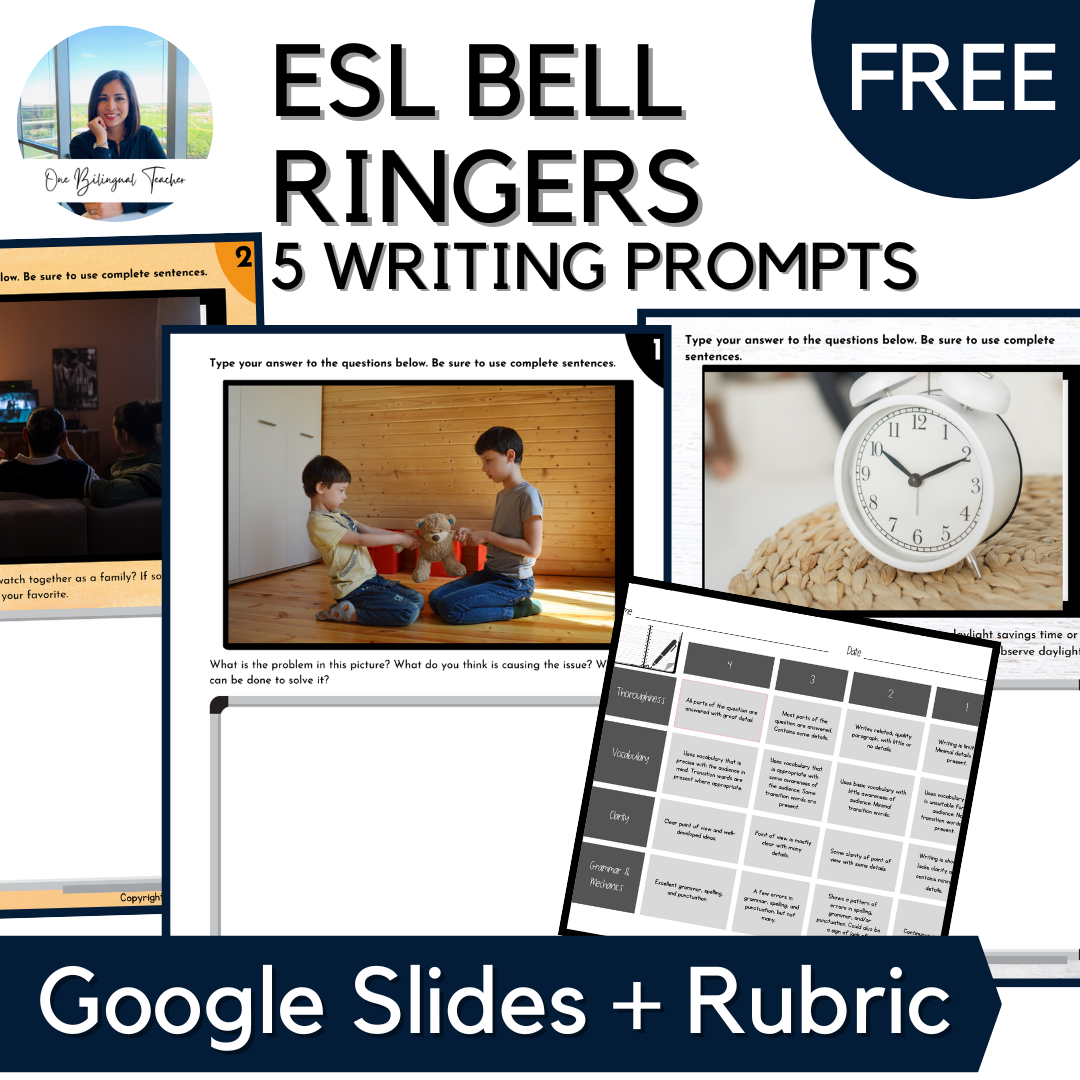Socratic Seminars in ESL Reading Classes
If you're needing to dig deeper in your ESL reading classes while keeping your students engaged, Socratic seminars are your way to go.
I teach English as a Second Language (ESL) and know that it comes with its unique challenges, especially in reading comprehension. Often, our students struggle to engage deeply with the text due to language barriers. To fix that, I’ve implemented Socratic Seminars this year and it’s been a game changer!
Why Socratic Seminars?
These seminars are great because they encourage students to think critically and voice their thoughts. For ESL learners, this method is great because it helps them acquire language, boost their confidence, and enhance their comprehension.
Preparing for Socratic Seminars
Choosing the right novel is essential. Pick texts that your students will connect with and that allow for interpretation. Don’t be afraid to choose texts that are a couple of reading levels below. See below for a list of my favorite books that are sure to keep your students engaged.
Before reading, prepare them with pre-reading activities to build their vocabulary and give them a glimpse into the context. This can be as simple as choosing 5 words from the text and discussing them together. I usually have them write the word, discuss the meaning together, and then write the meaning that resonates the most with them.
Also, set some ground rules for discussions, like respect, active listening, and giving everyone a chance to participate. For some students, it’ll look like waiting for their turn to speak. For others, it may be prompting them to speak. Many ESL students are shy and lack the confidence to speak within a group.
Implementing Socratic Seminars
As a teacher, your role will shift to that of a facilitator. Your job is to encourage participation and guide the discussions, but let the students take the reins. Pose thought-provoking questions and watch the magic happen!
Pose a guiding question for students to think about as they read the assigned section of the book.
Read the assigned section. This can look different in each class. This year I have a group of students who prefer to read to themselves, one who prefers me to read to them, and one who enjoys various ways such as choral reading, I read, you read, and listen to it being read.
Once students have read the assigned section, they will write their response to the guiding question. Depending on the level of the student’s proficiency and/or academic levels, this is a great opportunity to practice ECRs. This allows students to have something to talk about during the Socratic Seminar.
Students will then speak about their reflections to the text read. This may be in the form of reading their responses aloud or defending their ideas against the group. It depends on the dynamics and language proficiency of the class.
Once students have discussed their ideas, pose another question. This one must be a thought-provoking, life-lesson kind of question where students apply the character’s lesson to their own lives. They can analyze the character’s actions and argue whether it was right or wrong and provide textual evidence. Perfect for extended constructed responses!
If time allows, students can talk about their responses once again.
Can ESL Students Participate in Socratic Seminars?
Our ESL students come in with varying proficiency levels. So, let's scaffold those discussions. Break down complex concepts, provide language support, and ensure everyone feels included. Make sure every student understands the text. The goal? Every student leaving the seminar feeling heard and empowered.
During discussions, be their guiding light. Encourage shy students, celebrate diverse opinions, and clarify language hurdles. Remember, it's not just about the novel—it's about honing their language skills and boosting confidence.
Final Thoughts
Socratic Seminars are amazing for ESL reading classes. They help students love learning, develop critical thinking skills, and confidently express themselves in English. Embrace the process, share your experiences, take this opportunity to create classrooms that are full of enriching discussions and learning.
Book Recommendations:
Ghost, by Jason Reynolds
Becoming Naomi Leon, by Pam Muñoz Ryan
Freak the Mighty, by Rodman Philbrick
Fish in a Tree, by Lynda Mullaly Hunt
Maniac McGee, by Jerry Spinelli
Number the Stars, by Lois Lowry



